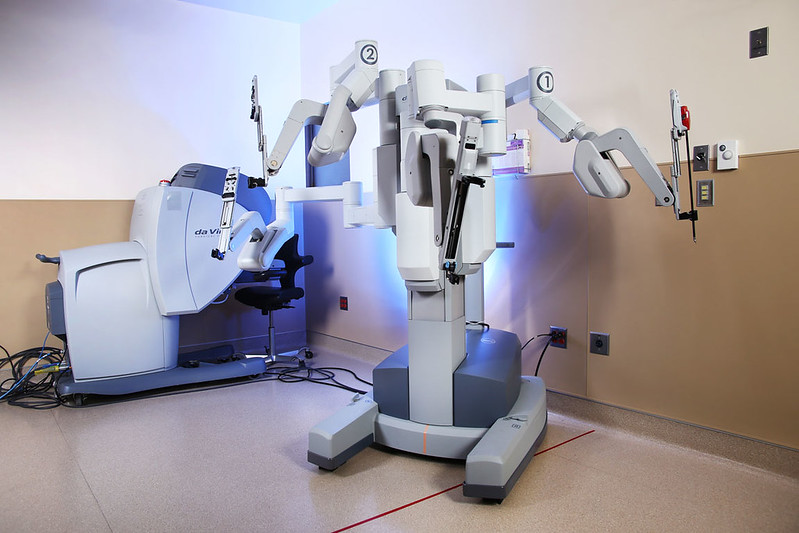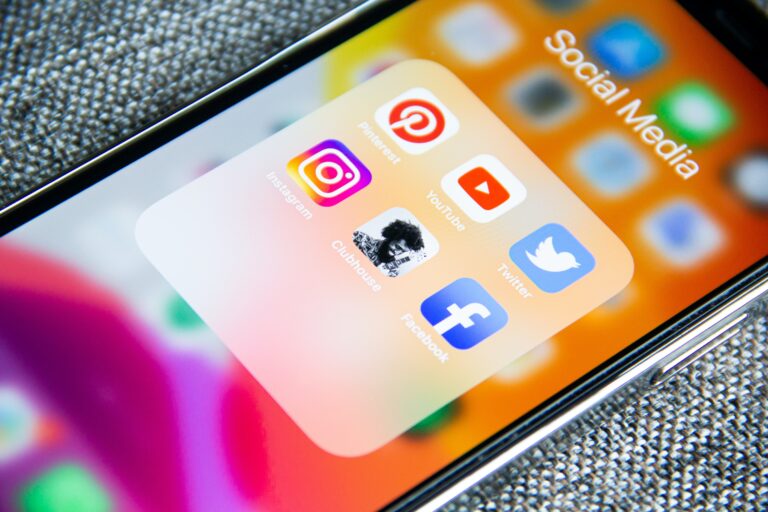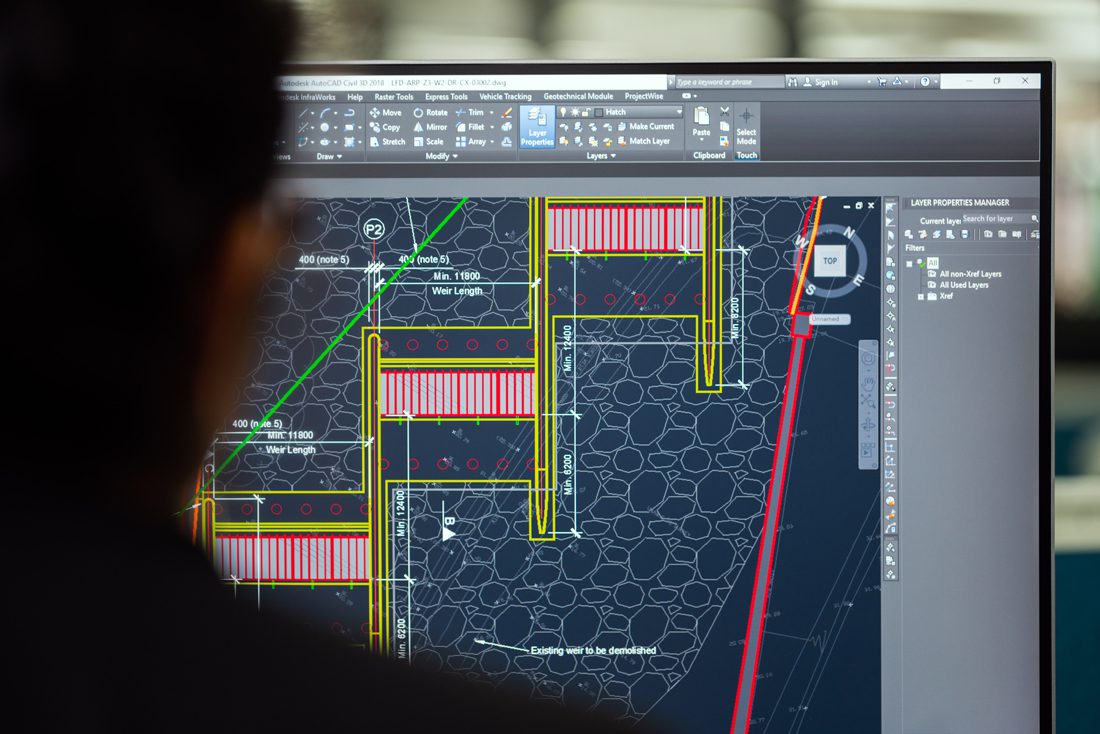Looking after our health is an important aspect in day-to-day living. Our health helps us to do the best we can in our work activities and overall, it is an important part in seeing if our lifestyle is good or if it requires some alterations.
In helping us discover if our health is in the best condition or not we need to consult doctors. These doctors rely on machinery to look into our bodies and see if there is anything wrong. In some underdeveloped countries in Africa bridging the digital divide could narrow the gap in Healthcare inequality, thus creating a sustainable healthcare system.
One of the challenges to poor healthcare in Africa is the lack of innovative digital technologies. These are making a difference in the private and public health sectors in African countries. During a panel discussion Abayomi Ajayi recognized the need to embrace technology in order to close the health care gap in both private and public health sectors.
Technology solutions can provide affordable alternatives to out of pocket payments that are currently being used. Digitizing health care systems by a reasonable amount has seen some countries reap benefits. These countries include; South Africa, Tunisia, Morocco Algeria and several others.
Today, many Africans are developing their own technologies to assist their own countries. By using their own knowledge and situations they were faced with, they are offering insight to others in order to create solutions that combat the challenges that is affecting them.
When you have automated health care systems that can be accessed via smartphones or text messages it becomes a powerful tool. With Africa’s rapidly expanding mobile phone market it has become a relied upon tool for over 650 million people across the continent. These technologies are being utilized in the following ways in these countries.
In Uganda, mTRAC is a tool that is used to request medical assistance and also request for medication via SMS. It provides the government with in-depth data of the patients and ensures an efficient supply cycle whilst also saving the lives of many.
SMS printer for life (Cameroon) – Notifies hospitals of people who were born with HIV as they require assistance rapidly during the early stages of their birth. This system enables them to get text messages of their status on the same day they are tested.
Babyl (Rwanda) This system lets its users schedule consultations remotely by using call centers. And digital prescriptions are issued by using an SMS-based system and are collected at the pharmacies which are partnered by them.






